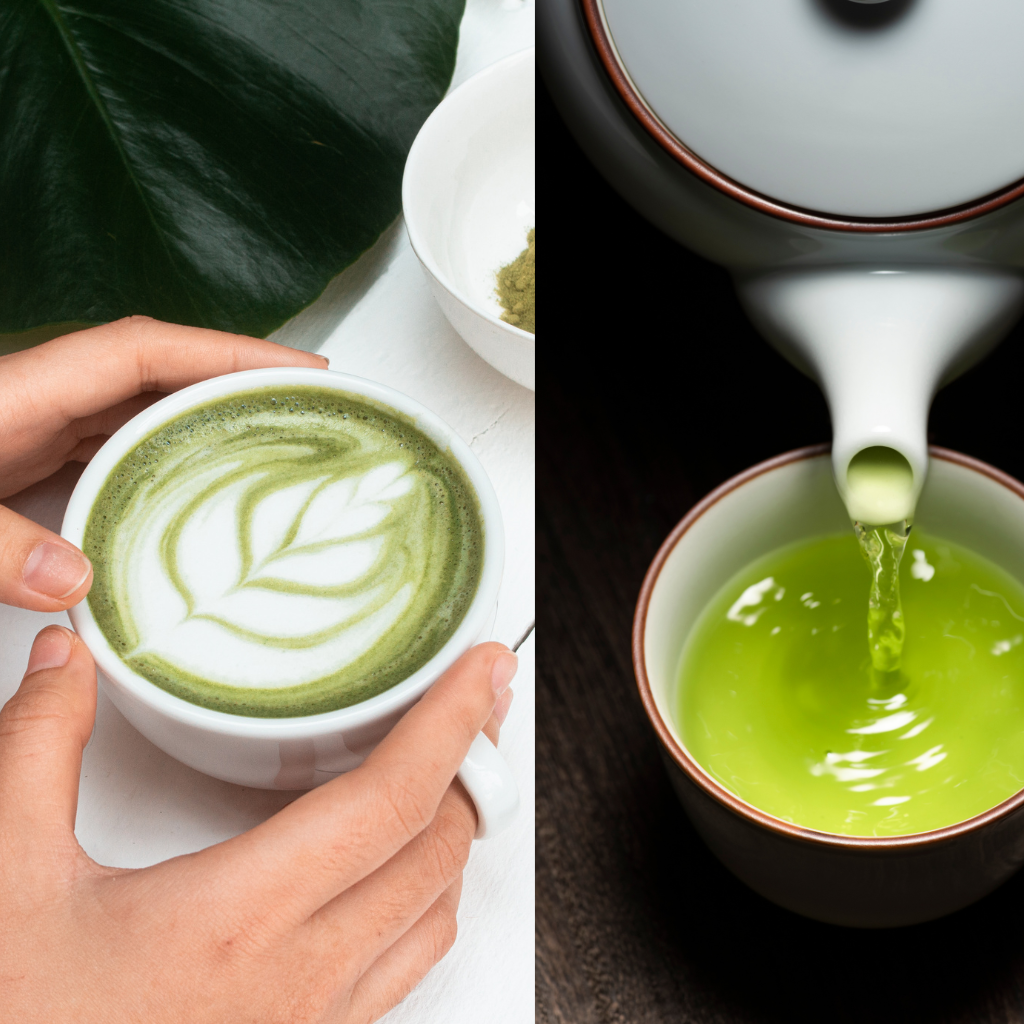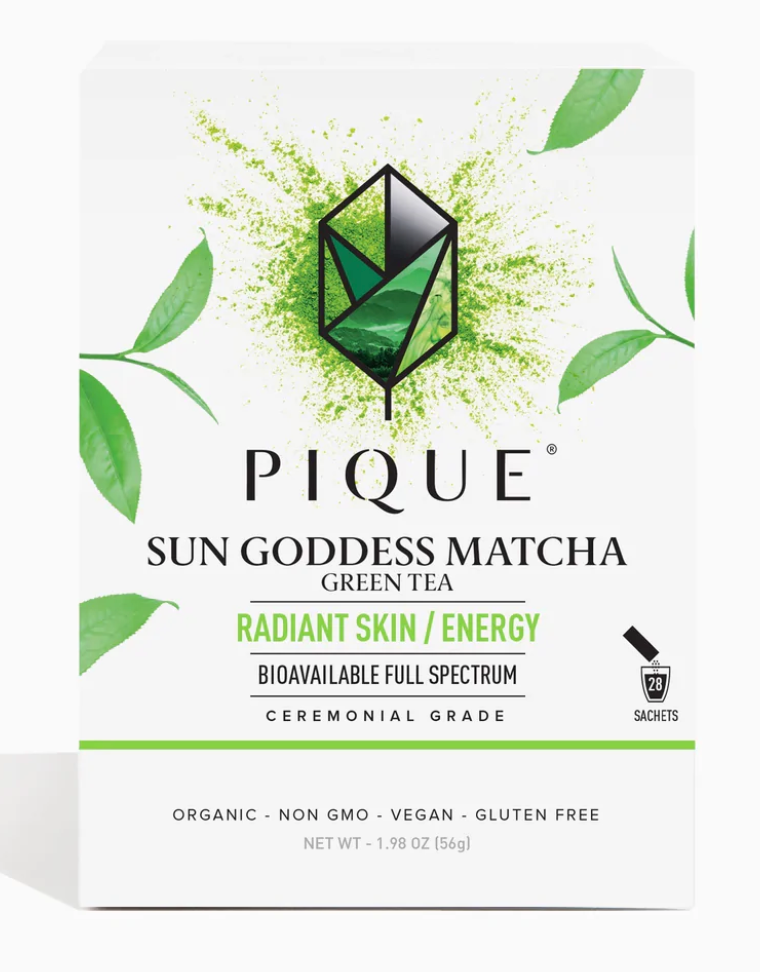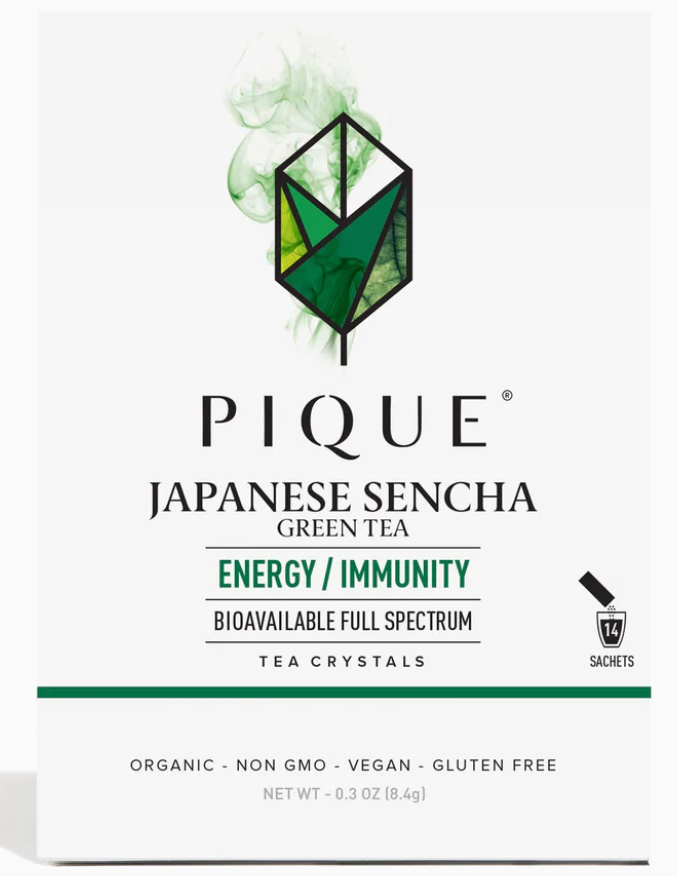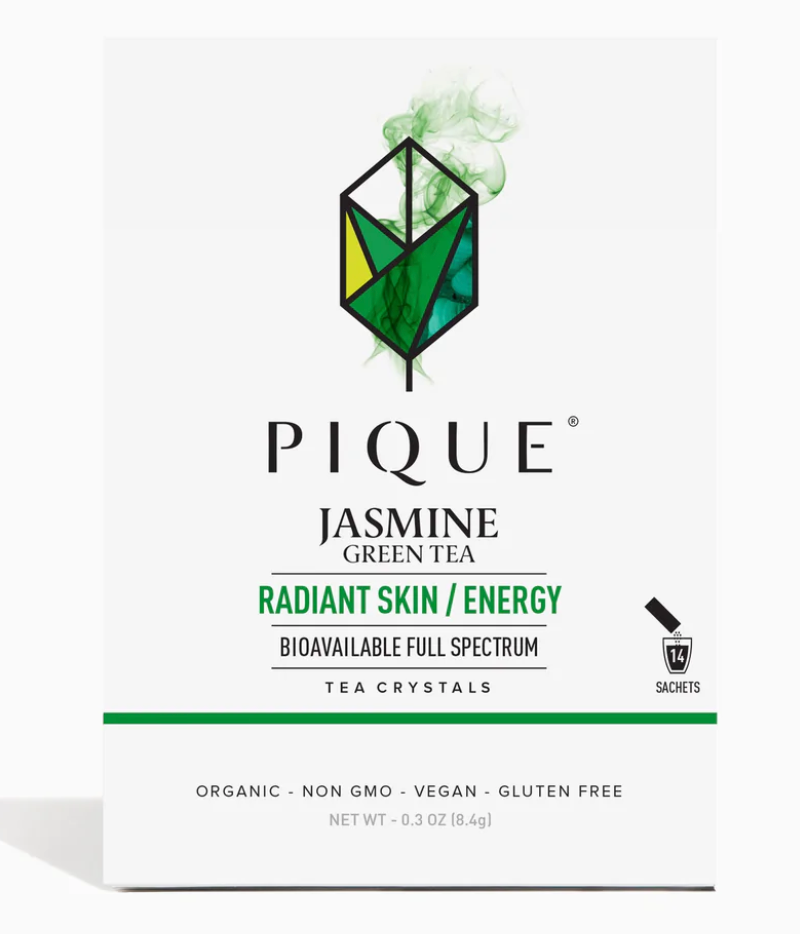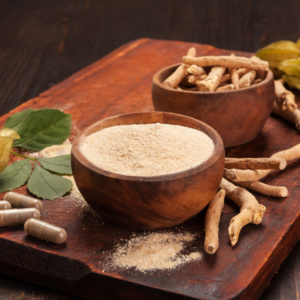Green tea and matcha have become popular drinks in recent years for their various health benefits. Both of these beverages are made from the Camellia sinensis plant, but they differ in how they are produced and consumed. Green tea is made by steeping the leaves in hot water, while matcha is made by grinding the leaves into a fine powder, which is then whisked with hot water. In this blog post, we will discuss the health differences between green tea and matcha and why they are good for you in their own ways.
Green Tea
Green tea is a popular beverage that is consumed around the world. It is made from the leaves of the Camellia sinensis plant, which are picked, steamed, rolled, and dried. Green tea contains antioxidants, which are compounds that can protect your cells from damage caused by free radicals. Free radicals are unstable molecules that can cause oxidative stress, which is linked to various chronic diseases, including cancer, diabetes, and heart disease.
Green tea also contains caffeine, which is a stimulant that can help to improve your alertness, concentration, and cognitive function. Caffeine can also boost your metabolism, which can help to burn more calories and promote weight loss. Green tea is also rich in the amino acid L-theanine, which can help to reduce stress and promote relaxation without causing drowsiness.
Benefits of Green Tea
- May Lower Risk of Cancer according to NCI: Green tea has been shown to lower the risk of certain types of cancer, such as breast, prostate, and colorectal cancer. This is due to the high amount of antioxidants in green tea that protect cells from DNA damage and inflammation.
Boosts Metabolism: Green tea can help to boost your metabolism, which can help to burn more calories and promote weight loss. This is due to the caffeine and catechins present in green tea.
Improves Brain Function: Green tea contains caffeine and L-theanine, which can improve brain function and reduce mental fatigue.
Promotes Heart Health: Green tea can help to reduce the risk of heart disease by improving cholesterol levels, reducing blood pressure, and preventing blood clots.
Matcha
Matcha is a Japanese green tea that is made by grinding the leaves into a fine powder, which is then whisked with hot water. This process makes matcha a more concentrated source of nutrients than regular green tea. Matcha is also known for its vibrant green color and distinct flavor.
Like green tea, matcha is rich in antioxidants, caffeine, and L-theanine. However, since matcha is consumed in its powdered form, it contains a higher concentration of these compounds. Matcha also contains more of the amino acid theanine, which can promote relaxation and reduce stress.
Benefits of Matcha
- Higher Concentration of Nutrients: Matcha is more concentrated in nutrients compared to green tea, as the whole tea leaves are consumed when drinking matcha.
Promotes Relaxation: Matcha contains more of the amino acid theanine, which can promote relaxation and reduce stress.
Boosts Brain Function: Matcha contains caffeine and L-theanine, which can improve brain function and reduce mental fatigue.
Promotes Heart Health: Matcha can help to reduce the risk of heart disease by improving cholesterol levels, reducing blood pressure, and preventing blood clots.
Green tea and matcha are both healthy beverages that offer numerous health benefits. They are both rich in antioxidants, caffeine, and L-theanine, which can improve brain function, reduce stress, and promote heart health. Matcha, however, is more concentrated in nutrients compared to green tea, due to the whole tea leaves being consumed. Ultimately, both green tea and matcha are good for you in their own ways, and it’s worth noting that they are both low in calories and sugar, making them an excellent choice for those looking to maintain a healthy diet.
When it comes to choosing between green tea and matcha, personal preference plays a significant role. Some people prefer the taste of green tea, while others prefer the unique flavor of matcha. It’s also important to consider how the tea is consumed. Green tea is typically brewed and consumed hot or cold, while matcha is traditionally prepared as a hot or cold latte.
Both green tea and matcha offer numerous health benefits and are great additions to a healthy diet. Green tea is a refreshing and energizing beverage that can help to boost metabolism and improve brain function. Matcha, on the other hand, is a concentrated source of nutrients that can promote relaxation and reduce stress. Whichever one you choose, incorporating either of these teas into your daily routine can help you achieve a healthier lifestyle. You can read more about green tea and matcha here.

